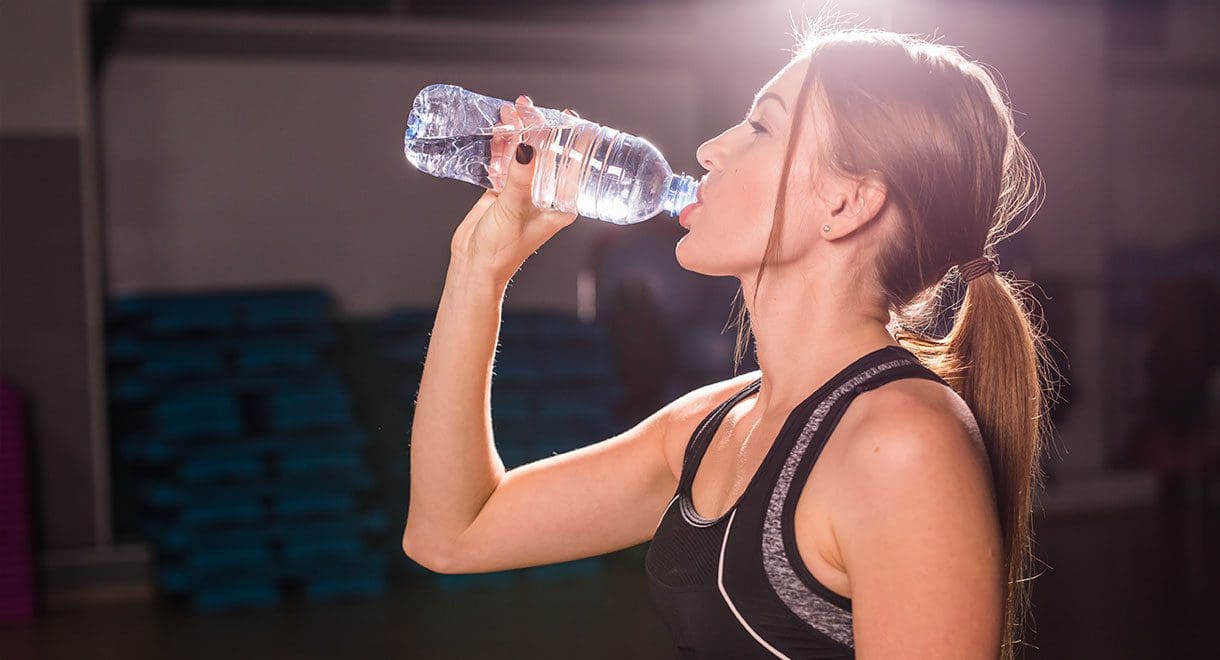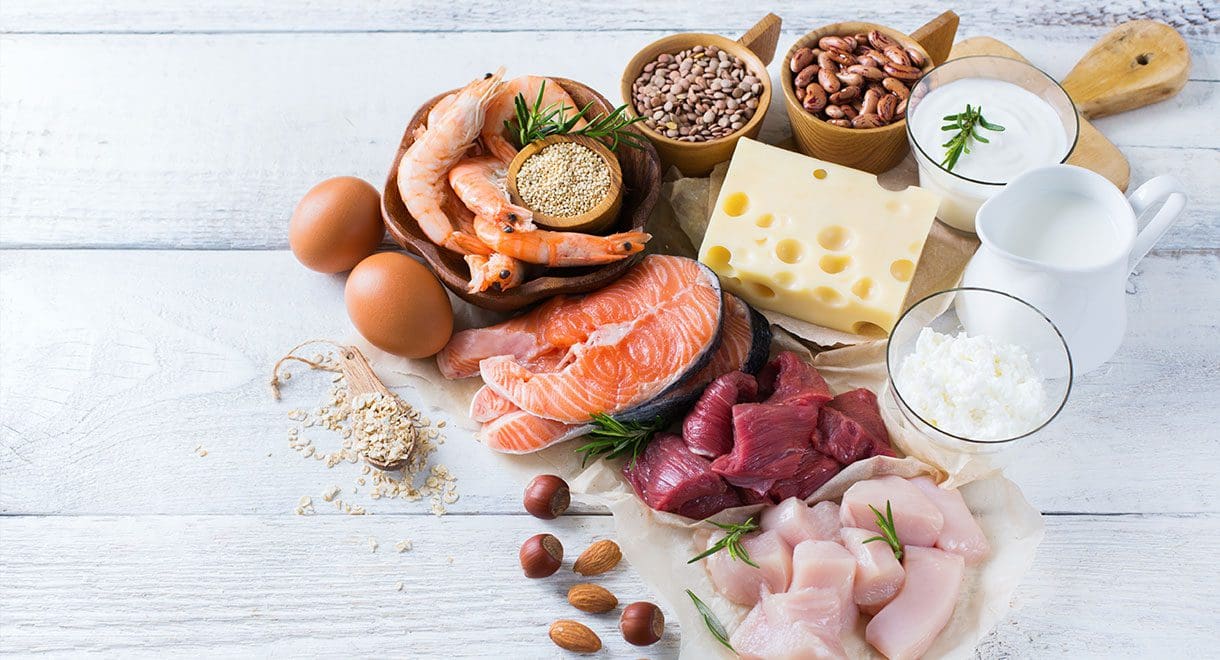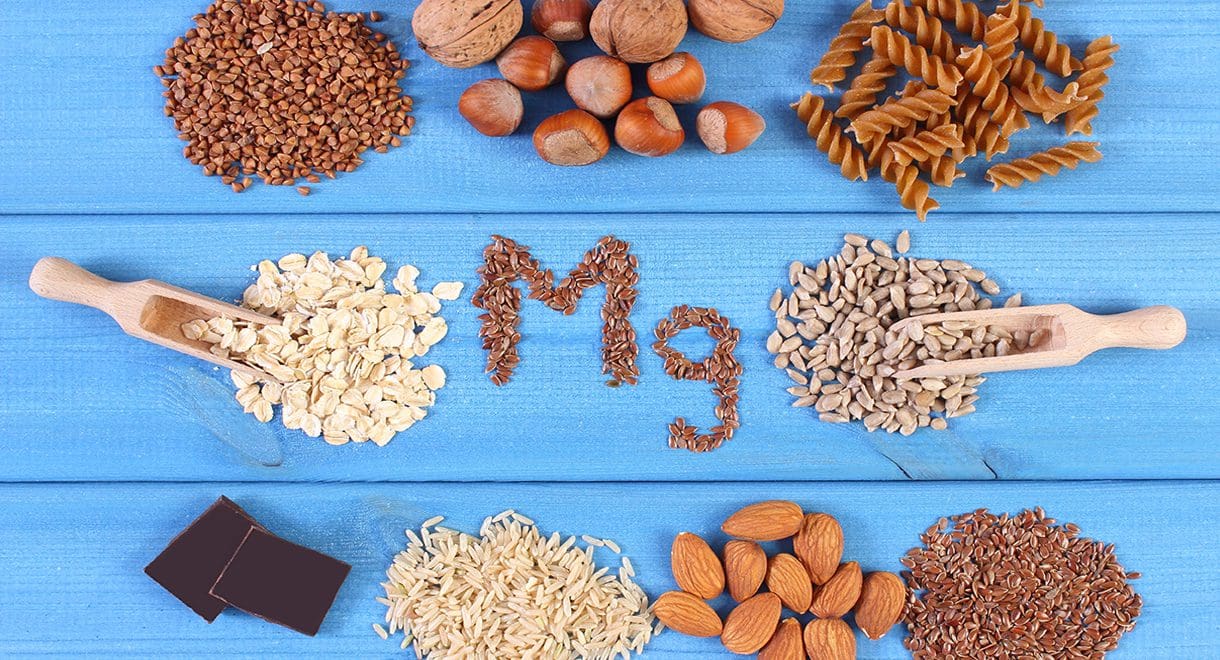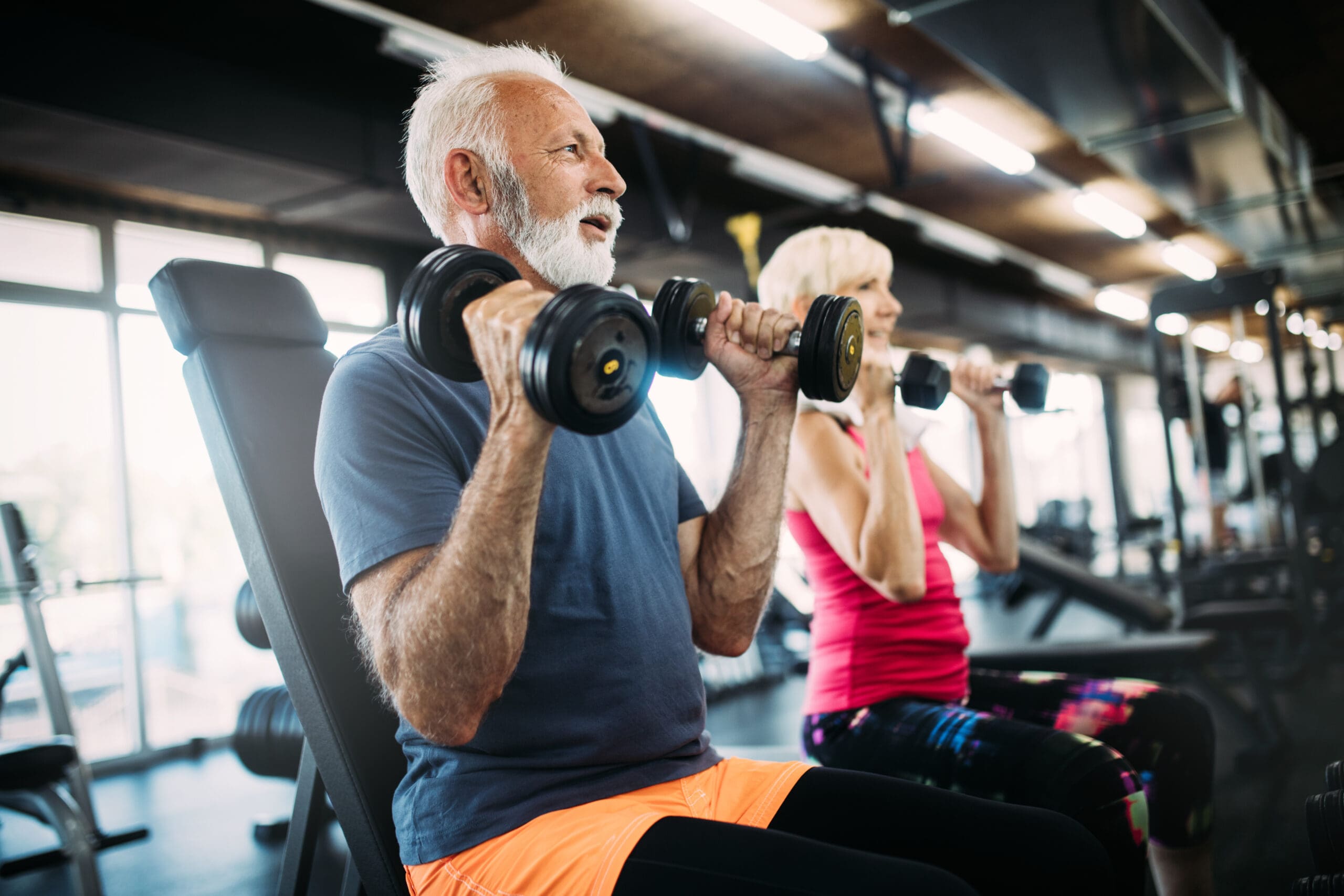The best fuel for exercise recovery
By Jessah Robinson, Nutrition Consultant
Whether you’re an athlete, gym junkie or have recently got into your fitness, to get the best results from your training and maximise recovery, it is important to fuel your body with the right foods and beverages. Of course, the exact requirements vary depending on how strenuous the activity and duration of your workouts, but these are some general principles that you can use as a guide.


1. Drink plenty of water
This should come as no surprise, as whether you do or don’t exercise, it is recommended to regularly consume water throughout the day. Water is the most important substance for active people. After exercising your need for water increases due to the fluids you have lost from sweating through your workout. If you don’t replace these fluid losses it can lead to dehydration. A good way of knowing if you’ve properly rehydrated is looking at the colour of your urine – clear urine indicates adequate hydration.


2. The power of protein
This should come as no surprise, as protein is required to boost muscle strength and endurance and is especially important after weight training to repair the micro tears in the muscle fibres, and for muscle growth. Good protein sources include seafood, poultry, lean meat, eggs and whey protein. Synd-X is a whey protein powder that is extremely high in protein and is excellent for aiding weight loss and building muscle. Taking Synd-X and glutamine in conjunction is excellent for athletes who do a lot of strength training, to increase muscle mass, support efficient muscle recovery and boost the immune system.


3. Magnificent magnesium
If you aren’t familiar with magnesium, let me provide some information. Magnesium is a mineral that is required for over 300 enzymatic reactions in the body and we have a greater need for it if we exercise frequently as it is lost through sweat and is also depleted when we are stressed. Magnesium may help to ease muscle spasms and cramps, is required for a healthy nervous system and healthy muscles, helps to promote relaxation and helps to promote healthy sleep. For more information on the benefits of magnesium, read Dr Cabot’s Magnesium book. Food sources of magnesium include leafy greens, nuts, seeds, bananas and avocadoes.
Now that you are armed with this information, you can carry on with your exercise regimes knowing the best way to fuel your recovery and get the most out of your workout sessions.









Leave A Comment